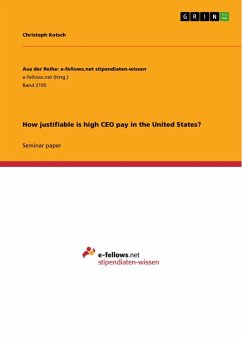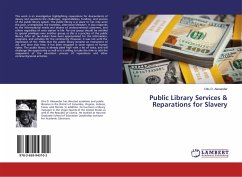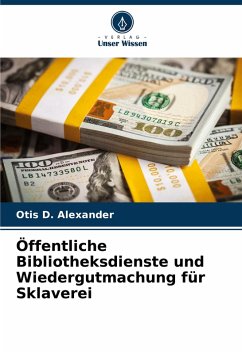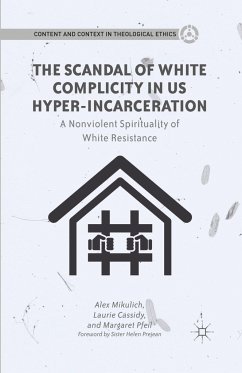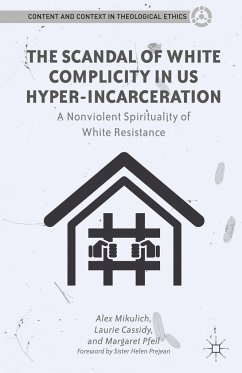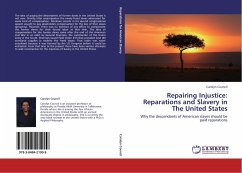
Repairing Injustice: Reparations and Slavery in The United States
Why the descendants of American slaves should be paid reparations
Versandkostenfrei!
Versandfertig in 6-10 Tagen
45,99 €
inkl. MwSt.

PAYBACK Punkte
23 °P sammeln!
The idea of paying the descendents of former slaves in the United States is not new. Shortly after emancipation the newly freed slaves advocated for some kind of compensation. Abraham Lincoln in his second congressional speech sought to pay slaveholders compensation for the loss of their slaves (property). However, there was no mention of any effort to compensate the former slaves for their forced labor at that time. The idea of compensation for the former slaves came after the end of the American Civil War in an edict by General Sherman, the commander of the Union Army in the South. Sherman i...
The idea of paying the descendents of former slaves in the United States is not new. Shortly after emancipation the newly freed slaves advocated for some kind of compensation. Abraham Lincoln in his second congressional speech sought to pay slaveholders compensation for the loss of their slaves (property). However, there was no mention of any effort to compensate the former slaves for their forced labor at that time. The idea of compensation for the former slaves came after the end of the American Civil War in an edict by General Sherman, the commander of the Union Army in the South. Sherman issued Field Order no15 that provided land (40 acres)and supplies (a mule)to the freed slaves. That order was never actualized because it was banned by the US Congress before it could be instituted. From that time to the present there have been various attempts to seek recompense for the injustices of slavery in the United States.



